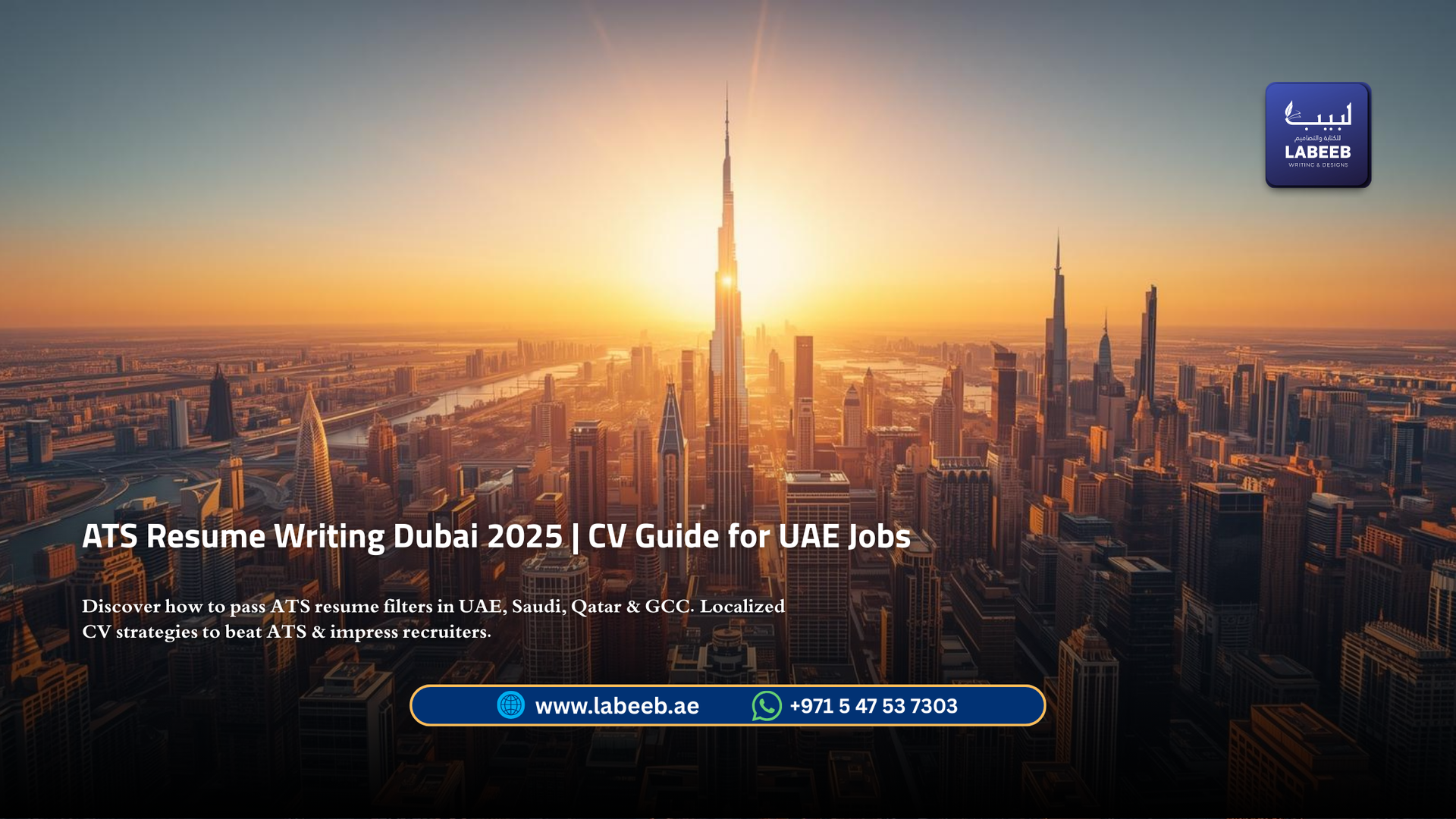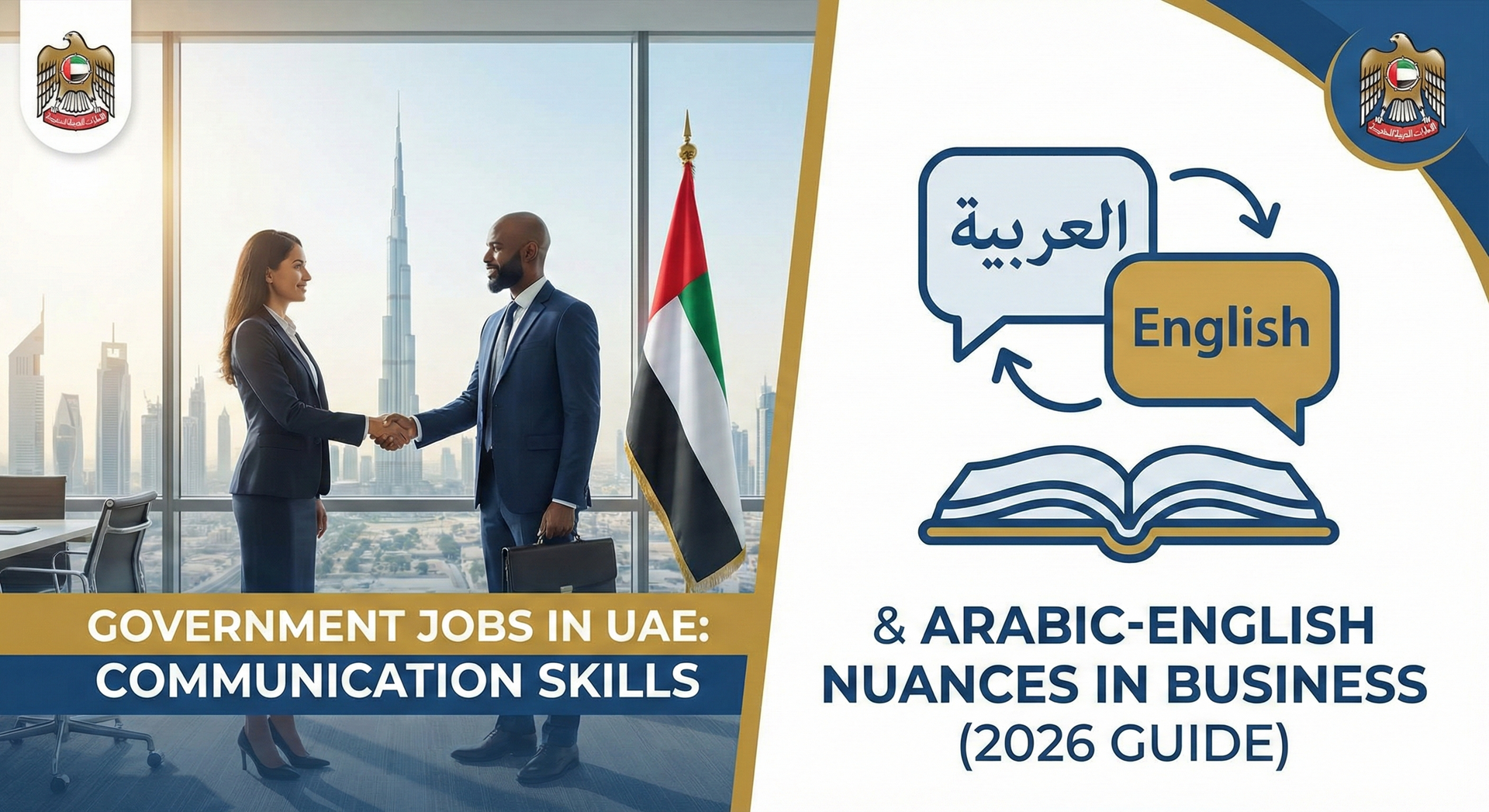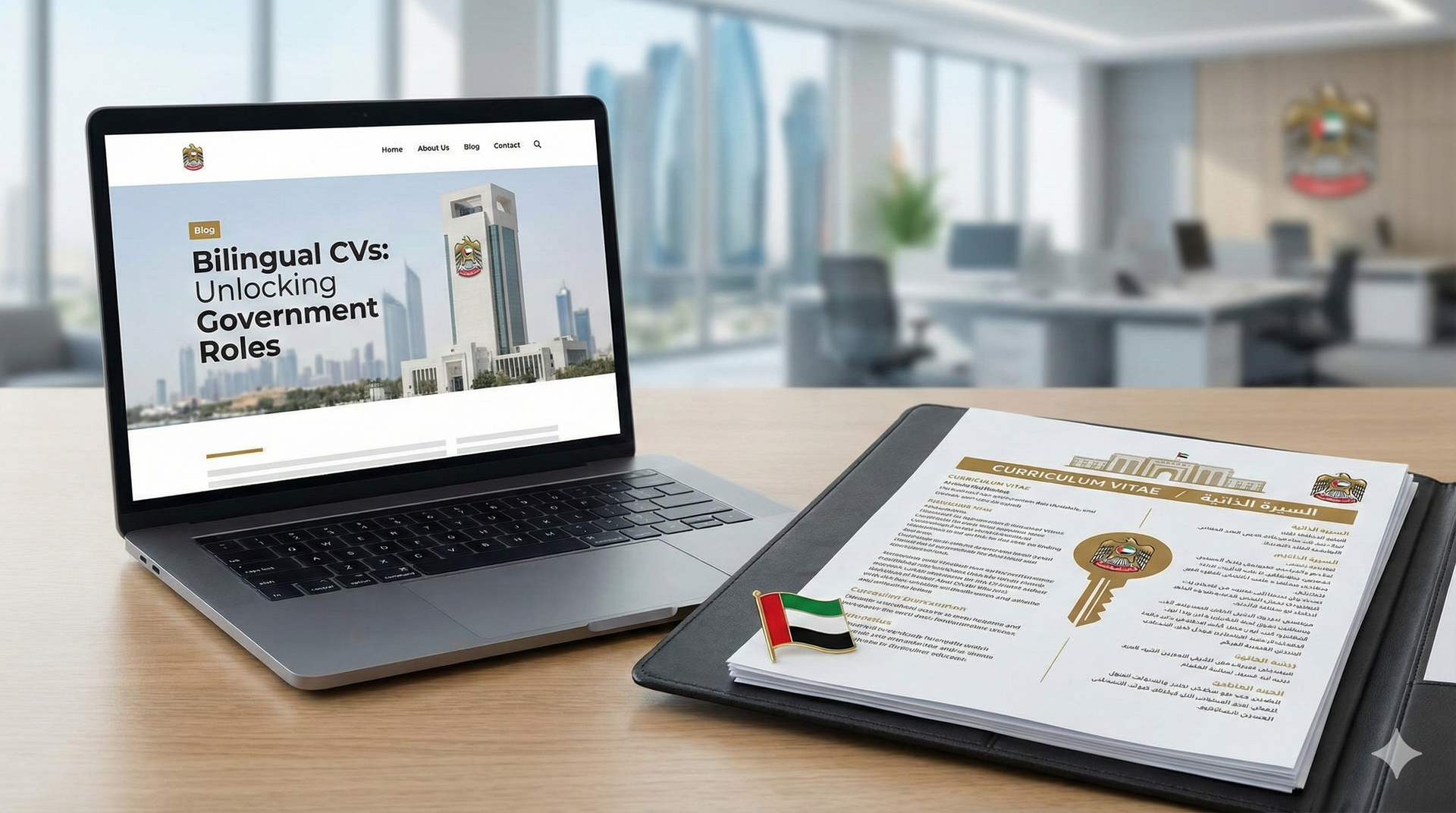ATS-Friendly Resume Writing in the GCC: Strategies for 2025

Introduction: The Changing Face of Recruitment in the GCC
Across the GCC — from Dubai to Riyadh, Doha to Muscat — the job market is undergoing a profound shift. Recruiters are no longer manually screening thousands of resumes. Instead, they are relying on Applicant Tracking Systems (ATS) to handle the first round of filtering.
This trend has significant implications for job seekers. If your CV is not ATS-friendly, it doesn’t matter how many years of experience you have, how prestigious your university degree is, or how impressive your skills may be — your application will likely never reach human eyes.
In 2025, with increased competition from both local professionals and international talent, it’s no longer optional to optimize your CV for ATS. It’s essential. This blog dives deep into strategies tailored for the GCC market so you can ensure your resume passes ATS filters and resonates with recruiters.
What Makes GCC Recruitment Unique?
While ATS systems are used worldwide, their configuration in the GCC has specific nuances that reflect local hiring priorities. Recruiters in this region often face unique challenges:
- Large volumes of applicants from across the globe, especially from South Asia, Africa, and Europe.
- Localization requirements, such as knowledge of Arabic or GCC-specific regulations.
- Visa restrictions, where immediate joiners or candidates with transferable visas are prioritized.
- Certification-driven industries, especially in healthcare, engineering, oil and gas, and finance.
The result is that resumes in the GCC must not only be technically ATS-compliant, but also aligned with local recruiter expectations.
How ATS Works in the GCC Context
An ATS in the GCC works similarly to those in the US or Europe. It scans, parses, and ranks resumes. However, the filters recruiters apply often reflect regional priorities:
- Visa Status Filters: Recruiters may search specifically for “Visit Visa,” “Cancelled Visa,” or “Immediate Joiner.” These keywords must appear clearly in your resume.
- Language Proficiency: English is required for most roles, but Arabic is often a strong differentiator. Some ATS systems can handle bilingual keyword searches.
- Local Experience: Employers prefer candidates who have “UAE experience” or “GCC experience.” Resumes without these terms may not surface in recruiter searches.
- Industry Licenses: Keywords like “DHA Licensed Nurse,” “RERA Certified,” or “PMP Certified” can be the difference between being shortlisted or overlooked.
A candidate applying for a nursing role, for example, may be perfectly qualified, but if the resume doesn’t include “DHA” or “MOH” explicitly, the ATS may never flag them for consideration.
Why Many GCC Resumes Fail ATS Filters
Candidates often underestimate the importance of ATS optimization. A survey by GulfTalent found that nearly 65% of applicants in the Middle East send generic resumes that don’t reflect local requirements. The most common mistakes include:
- Using global job titles that don’t match GCC norms. For instance, “Business Development Specialist” instead of “Sales Executive.”
- Submitting overdesigned CVs. Two-column formats, icons, and graphics confuse ATS parsers.
- Leaving out visa information. Recruiters in the GCC frequently filter by availability, so failing to mention “Visit Visa” or “Immediate Joiner” can cost you opportunities.
- Missing bilingual keywords. If a job ad is posted in both Arabic and English, your CV should reflect both versions of critical keywords.
- Failing to include certifications. Even if you hold a PMP, DHA, or CMA, omitting it from the CV in exact wording reduces ATS match rates.
Building an ATS-Friendly Resume for the GCC
Step 1: Use the Right Format
Your CV must be simple, text-based, and single-column. Avoid tables, images, or unusual fonts. Recruiters are not impressed by creativity in structure; they want clarity and compatibility.
Step 2: Mirror Keywords from Job Ads
If a job description in Qatar says, “Minimum 3 years GCC experience in project management,” then your CV should explicitly include the phrase “3 years GCC experience in project management.” Do not rephrase it as “Managed projects in the Gulf region” — ATS may not recognize it.
Step 3: Highlight Certifications Clearly
Certifications are currency in the GCC job market. For example:
- Engineers must highlight “RERA Certified” for Dubai roles.
- Nurses should list “DHA Licensed” or “MOH Licensed.”
- Project Managers should include “PMP Certified.”
These terms must appear exactly as recruiters type them into ATS search bars.
Step 4: Add Local Experience Details
If you’ve worked in the UAE, Saudi, or Qatar, always emphasize it. For example:
- Instead of: “Managed regional projects.”
- Write: “Managed infrastructure projects in Dubai and Abu Dhabi, achieving AED 20M in cost savings.”
Step 5: Mention Visa and Notice Period
Unlike in Western markets, visa type and notice period are critical filters in the GCC. Always state your status clearly at the top of your resume:
- “Visit Visa – Available Immediately”
- “Employment Visa – 30 Days Notice”
Examples of ATS-Friendly Resumes in the GCC
Case 1: Cabin Crew in Dubai
Before: A CV that only says “Customer service in aviation.”
After: “Cabin Crew with 3 years GCC experience. Trained in passenger safety, emergency protocols, and customer service. Height 172 cm. Fluent in English and Arabic.”
Result: Higher ATS ranking due to localized keywords and recruiter-specific details.
Case 2: Finance Executive in Riyadh
Before: “Handled accounting tasks.”
After: “CPA Certified Finance Executive with 5 years Saudi Arabia experience. Managed financial reporting for multinational firms. Proficient in IFRS and VAT compliance.”
Result: Shortlisted by ATS for both “CPA Certified” and “Saudi experience.”
Case 3: Nurse in Abu Dhabi
Before: “Nurse with 4 years experience.”
After: “DHA Licensed Nurse with 4 years patient care experience in Abu Dhabi hospitals. Skilled in infection control, shift management, and emergency response.”
Result: ATS prioritized the resume because of the “DHA Licensed” keyword.
Recruiter Insights from the GCC
Recruiters in Dubai, Riyadh, and Doha consistently highlight the same points:
- “We look for UAE or GCC experience before anything else. If it’s not on the CV, we move on.”
- “Visa status is a dealbreaker. We filter for immediate joiners first.”
- “Certifications matter more than job titles. A PMP or DHA license makes someone stand out immediately.”
- “Soft skills are important, but ATS won’t recognize them unless they’re linked to achievements.”
These insights make it clear: a generic CV will not work in the GCC.
Professional Resume Services vs DIY Approaches
While it’s possible to create your own ATS-friendly resume, professional services offer advantages that are hard to replicate:
- Keyword Mapping: Experts analyze local job ads to identify high-value keywords and integrate them naturally.
- Localized Language: Professional writers understand how to balance English with Arabic keywords.
- ATS Testing: Some services, like Labeeb Writing & Designs, test resumes through real ATS simulators to ensure compatibility.
- Recruiter Appeal: Beyond passing ATS, resumes are written with a narrative style that resonates with human recruiters.
DIY resumes often miss nuances like notice periods or bilingual terms. Professional support ensures your CV clears both the ATS and recruiter stages.
Advanced Tips for 2025
Incorporate Industry-Specific Jargon
Each industry in the GCC has its own language. A software developer should mention “SAP,” “Oracle,” and “Cloud Computing,” while a civil engineer should include “AutoCAD,” “RERA Compliance,” and “Infrastructure Projects.”
Customize for Each Application
ATS systems are unforgiving. Sending the same CV to multiple jobs reduces your chances. Tailor your CV for each application by mirroring the job ad.
Integrate Metrics and Achievements
Instead of saying, “Responsible for sales in Qatar,” write:
“Generated AED 10M revenue in Qatar market by securing 15 new corporate accounts within 12 months.”
Numbers cut through the noise and demonstrate real impact.
Keep Both PDF and Word Versions Ready
Some GCC job portals parse Word documents better than PDFs. Always have both ready to upload.
Frequently Asked Questions
Q1: Do all GCC employers use ATS?
Not all, but most medium to large employers, especially in the UAE, Saudi Arabia, and Qatar, use ATS to handle application volume.
Q2: Should I write my CV in Arabic?
Not entirely. English is the main language of business, but including Arabic keywords in bilingual job markets can increase ATS visibility.
Q3: Can I send the same CV for every GCC job?
No. Each role requires slight customization. Employers in Dubai and Riyadh are particularly sensitive to specific keywords.
Q4: Should I include my photo?
Avoid photos for ATS compliance unless the employer explicitly requests one.
Conclusion: ATS Optimization is the Key to GCC Opportunities
In 2025, GCC job seekers face intense competition. The resumes that succeed are not the flashiest or the most creative. They are the ones that are ATS-friendly, keyword-rich, and localized for the region’s unique hiring practices.
If you’re serious about finding opportunities in Dubai, Saudi Arabia, Qatar, or beyond, it’s time to upgrade your CV. At Labeeb Writing & Designs, we specialize in ATS-compliant resumes that balance technology and human appeal, ensuring you stand out in both the system and the recruiter’s inbox.








